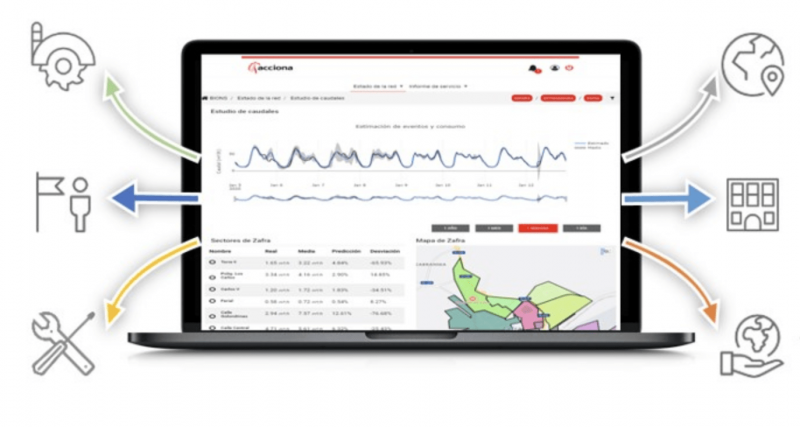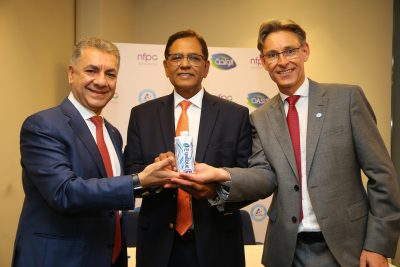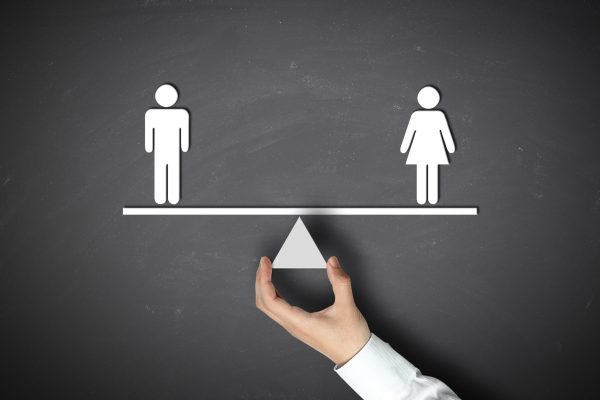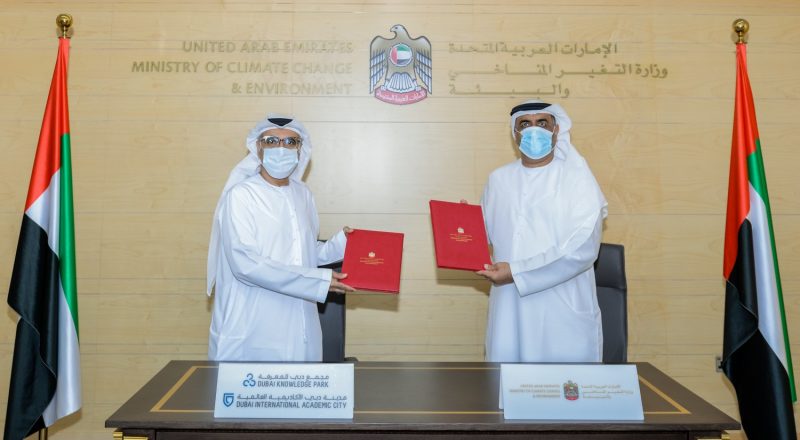Abu Dhabi – Creating Opportunities for the Youth
Feature, Youth

March 7, 2019, 8:34 am
Through Masdar’s Youth 4 Sustainability (Y4S)programme and the recent Youth Sustainability Hub established during Abu Dhabi Sustainability Week (ADSW) in January 2019, Abu Dhabi is creating opportunities for youth to transform the sustainability agenda into reality.
UAE established Masdar, the Abu Dhabi Future Energy Company, in 2006 with the core objective of supporting the knowledge-economy transformation. Investing in youth and supporting their development to become the sustainability leaders of tomorrow, is a natural progression of Masdar’s role as the country’s sustainability thought leaders.
Masdar developed the Y4S to educate, engage and empower youth and young entrepreneurs by enriching their understanding of sustainability.
The Y4S initiative provides opportunities that enable young people to become active leaders in the world’s transition to a more sustainable future. It consists of two pillar programmes: the Sustainability Ambassadors (SA) and the Future Sustainability Leaders (FSL). Mentorship, engagement opportunities and educational programmes are developed for students and young professionals, to strengthen the talent pipeline of the world’s sustainability leaders.
Masdar’s efforts to empower youth resulted in the world’s first survey of post-millennial attitudes towards sustainable development, renewable energy and climate change, called the Gen Z Global Sustainability Survey. With nearly 5,000 respondents from 20 countries, the findings offered the most comprehensive insight into the thoughts, fears and hopes of a generation acutely worried about the environmental legacy they will inherit. The survey proved that Generation Z is aware of the most relevant global debates in sustainability.
When it comes to renewable energy and clean-tech specifically, global youth are thinking primarily about the non-economic benefits: lowering pollution, preserving endangered species, and providing clean water. They value the environment over financial gain, and see social change, public demand for change, and good education, including world-class universities, as key enablers for green technology. To successfully address Gen Z, policymakers, NGOs and the media need to supplement their focus on the economic gains of renewable energy, such as increased employment, to encompass more lofty goals.
In the opening statement of the report presenting the survey, Mohamed Jameel Al Ramahi, CEO Masdar, explains the importance of engaging the youth early on: “In the Arab world alone, around a third of the population is between the ages of 15 and 29. These young people are the policymakers, industry leaders, technical experts and consumers of tomorrow – it is fundamentally important that they are engaged in our drive to accelerate the long-term adoption of renewable energy and clean technologies. It was with this in mind that the Masdar Gen Z Global Sustainability Survey was commissioned.”
In January 2019, recognizing the important role that young people will play in driving the sustainability agenda forward, ADSW launched the Youth 4 Sustainability (Y4S) Hub as a dedicated youth space designed to educate students, young professionals, innovators and entrepreneurs about the future of the sustainability industry.
During ADSW 2019, the Y4S Hub included two main elements – Future Skills 2030 and the Climate Innovation Exchange, or CLIX, which provided a holistic experience for students and young professionals to gain a strong understanding of what is needed to thrive in the evolving sustainability and clean-tech sectors.
The Y4S Hub connected some of the world’s youngest and minds, including members of the Masdar-led Future Sustainability Leaders programme, with leading industry experts. The Y4S Hub also gave UAE high school students in the Sustainability Ambassadors Programme a unique opportunity to present the Y4S Hub to their peers and deliver a memorable visitor experience.
The Future Skills 2030 is an engaging and interactive mentorship opportunity for students and young professionals to network with industry experts, and gain key skills to pursue a future in sustainability. The ultimate aim is to prepare and equip young people with the skills needed to succeed in the future, taking them through a comprehensive journey, to explore the future of education, industry, business, and jobs in the context of sustainable development.
Future Skills 2030 also demonstrates how the UAE’s national agenda, specifically the National Advanced Sciences Agenda 2031, is enabling the country to remain at the forefront of the changing global landscape by empowering youth to advance high priority areas.
Another key element of the Y4S Hub was the Climate Innovation Exchange, or CLIX, which is a unique marketplace connecting entrepreneurs and investors to enable partnerships that will power sustainable climate change solutions through knowledge, innovation, and funding.
CLIX is aligned with the Ministry of Climate Change and Environment’s (MoCCAE) strategy to enable the sourcing, funding and commercialisation of climate change solutions and technologies.
The initiative is focused on solving the world’s most pressing climate change issues by connecting local and global entrepreneurs (concepts, start-ups and innovative companies in different stages of funding), with an audience of potential and series investors (angel, seed investors and venture capitalists). The entrepreneurs pitched conceptual ideas, new products and transformative business models that are aligned with the MoCCE’s three pillars of sustainability, namely Sustainability in Space, Future of Energy, and the Future of Food & Agriculture.
In 2019, CLIX received 811 applications from young innovators and entrepreneurs in 83 countries. The 41 Investors expressed their intent to invest $17.5 million in these innovations. The 41 finalists showcased their inventions during ADSW and met with investors. Over the course of four days, startups discussed with visitors, investors and authorities and reported a total of $53.9 million USD of potential involvement in projects and investment intent in the region.
One of the participants at ADSW was Shouq Bin Shemel, a current member of the Think Science program, which connects aspiring scientists with industry leaders. In an interview for Euronews, the seventeen-year old explained how she developed an environmentally friendly fire-fighting drone and she expressed her hope to one day mass produce her invention. “It can be automated and it can also fly for 24 hours by using its solar panel and the sensors,” she explained.










